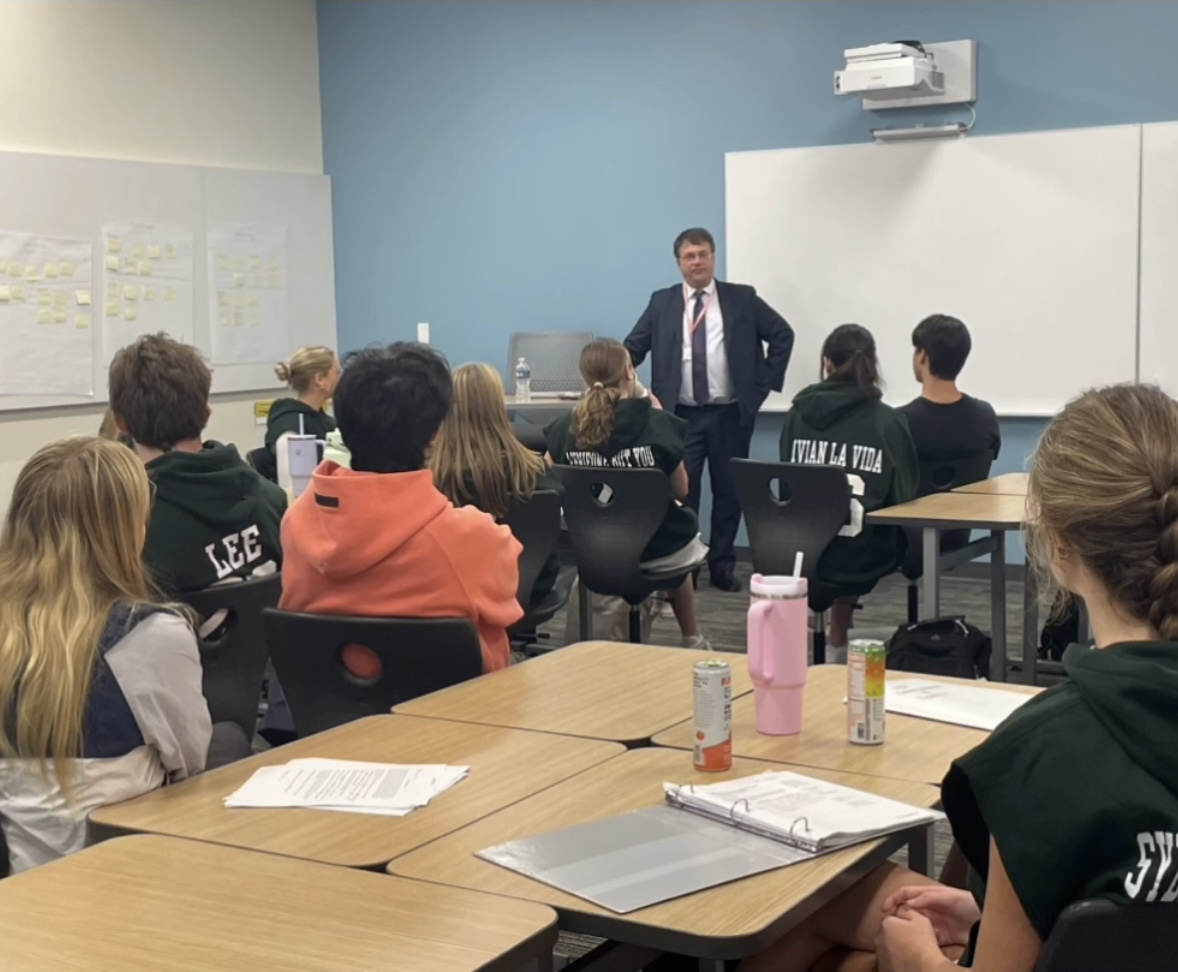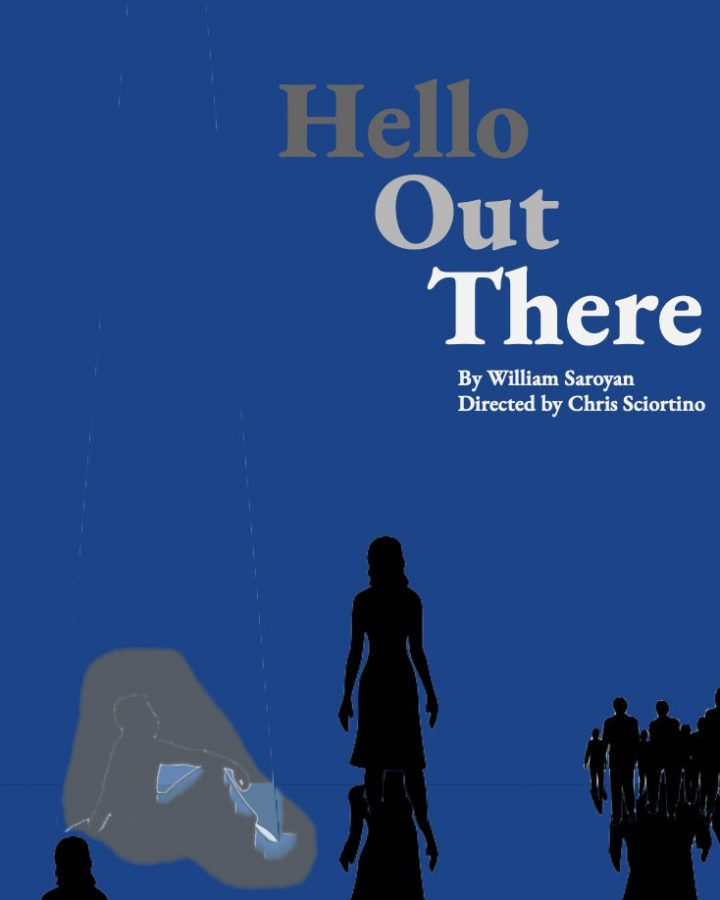Director’s Project gives independence
Theater students given opportunity to direct their own production
As May approaches, a select group involved in New Trier’s performing arts program is preparing for their individual shows to take the stage in the annual Student Directors Project Showcase.
Led by Theatre teacher Nina Lynn, the Director’s Project provides the opportunity for Theatre 4 students to culminate the skills they’ve developed since freshman year. Students take the initiative for their visions as directors–and for many this is their final farewell to high school fine arts.
For senior Ethan Burfield, the Directors Project allowed him to bring his inspiration of a contemporary piece to life.
“My show was ‘Collaboration’ by Kellie Powell. I found the show due to a monologue in the ‘Last Five Minutes.’ It’s about a girl confronting her old crush about a play they wrote and how it mirrors their real life relationship,” said Burfield.
Theatre 4students began the proposal stage of the project, where they must pitch production ideas, in January. Directors then have the opportunity to choose who will play their characters by helping project sponsors select actors through an audition process. Directors’ visions are then presented throughout March in class and given the option to adapt their show based on peer and teacher feedback.
“The idea behind the project is that to be able to take all of those concepts and not only apply leadership to them but to be able to explain them to others demonstrates a very high level of learning. We’re really trying to support students finding their own voices as artists, specifically for them to be ‘citizen artists’ which is a term we use for using art to benefit a community,” said Lynn.
According to Lynn, the Directors Project has not only exposed students for decades to what the creative process of directing is really like, but it has also fostered dialogue on difficult real-life subjects that many students and community members face.
“When we ask students to select a play we want them to not chose it based on ‘oh this is really funny or sweet’ but to also think about the deeper access points behind it such as topics of grief and loss, sexual identity, self-harm, or even just being vulnerable,” said Lynn.
Lynn also commented that the shows often have different meanings for both the audience and cast members, so seeing a student take on what components of a script are emphasized is always interesting.
Directors are given a collection of items they can configure rather than building an individualized set pushing the actors to “become the show” by producing a certain environment with what they have.
“The most successful directors are people interested in really sharing the production. I love it when students are able to articulate what they imagine the play to be, but also are flexible enough that when an actor has a unique take on the role that they can be collaborative as acting is a very human art form and individual expression of characters is really important,” said Lynn.
One of these “creative impulses” happened when one of Burfield’s actors pulled the cork on a champagne bottle prop, scaring audience members. Both teachers and directors seemed to agree that while rewarding, the project is often times both artistically and technically challenging.
For Burfield, scheduling times and making sure his actors were on the same page proved occasionally difficult, “The hardest part was trying to find rehearsal time. With one of my actors and I concurrently doing the directing project and the choir opera musical, there was a week stint where we couldn’t rehearse, which was hard.
The project was worth the pain for Burfield when he finally got to see his final production in class. “I’d say my production was much better than I initially envisioned it. My actors pulled their weight and made me really proud.”







































